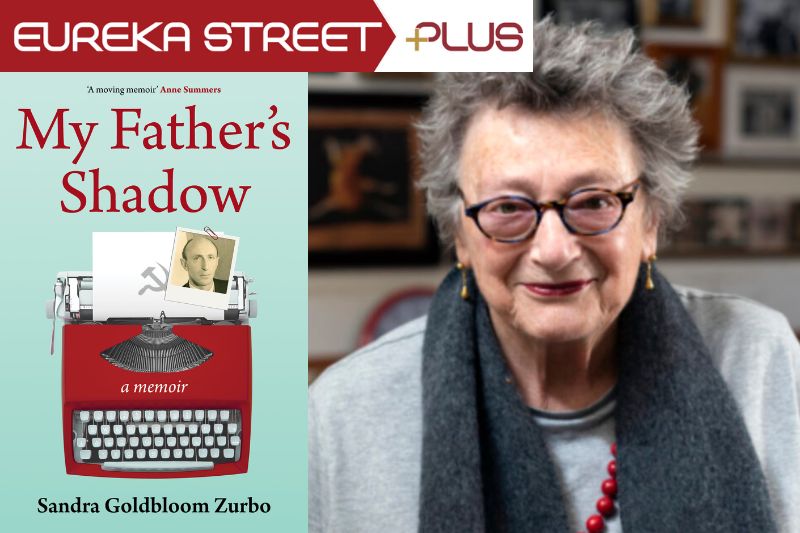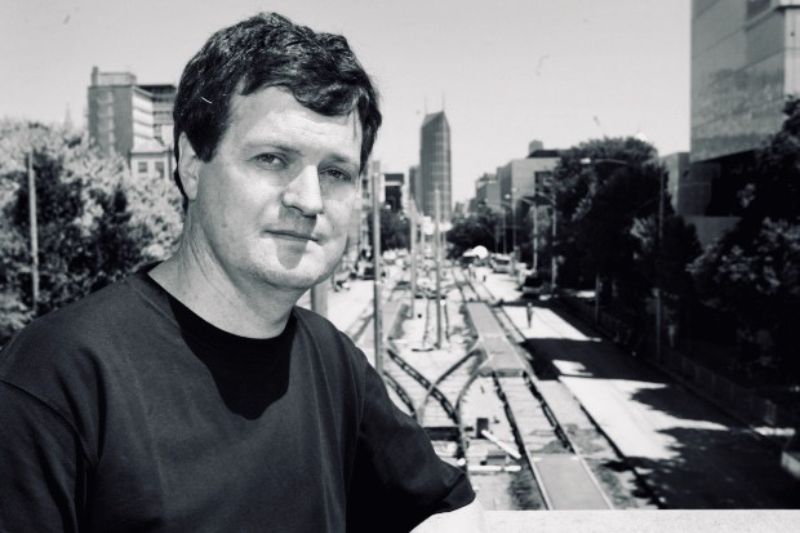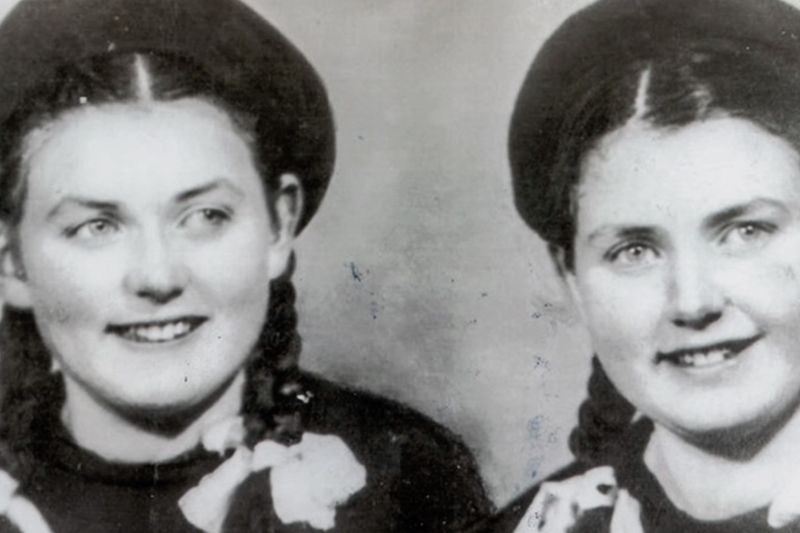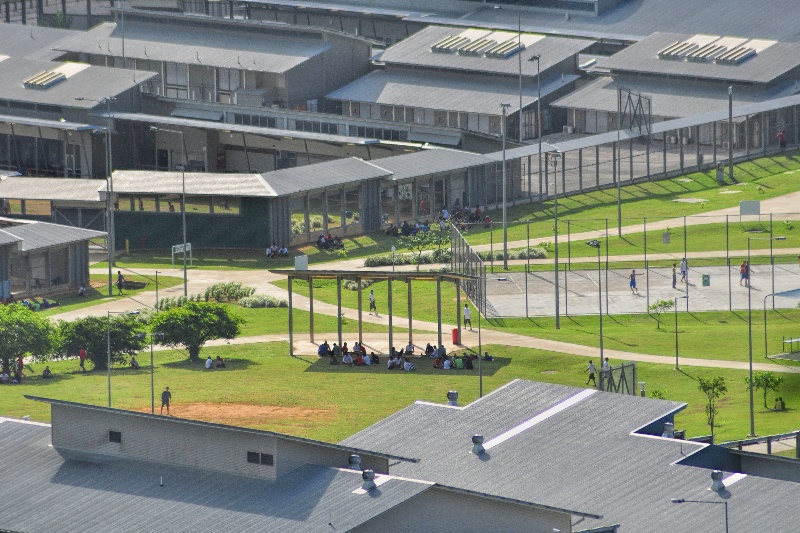Keywords: Public Transport
-

AUSTRALIA
- John Chesterman and Ilan Wiesel
- 01 March 2024
1 Comment
The key to combatting increasing levels of loneliness and social isolation will likely start in the way we think about cities, public spaces and social care to enable meaningful connections between people, and help to guard against harms caused by habitual loneliness. But we'll need to get creative.
READ MORE 
-

AUSTRALIA
- David Halliday, Michael McVeigh, Laura Kings, Michele Frankeni, Andrew Hamilton, Julian Butler
- 21 December 2023
10 Comments
To close the year for Eureka Street, the editorial team wanted to nominate who we considered to be the Eureka Street ‘person of the year’ based on this year's newsmakers.
READ MORE
-

ARTS AND CULTURE
- Andrew Hamilton
- 08 December 2023
1 Comment
My Father’s Shadow is a beautifully constructed three-dimensional jigsaw puzzle in which perfectly formed and elegant stories from different times and places are juxtaposed and tested for fit, so forming a pattern of meaning that is never closed.
READ MORE 
-

EDUCATION
- Chris Curtis
- 29 November 2023
6 Comments
Australian school funding is full of common misconceptions, and creating a rational, just, and effective school funding model requires cutting through media-driven inaccuracies to understand the real needs of Australian students and schools.
READ MORE
-

INTERNATIONAL
- Juliette Hughes
- 22 November 2023
1 Comment
Sixty years ago today, on November 22, 1963, the world lost three towering figures of the 20th century. On their diamond jubilee, do I think it was the end of the world as we know it when these three died? Each one shaped the twentieth century in a unique way. Each one left us with much to think about still.
READ MORE 
-

INTERNATIONAL
- Andrew Hamilton
- 26 October 2023
3 Comments
Amid escalating conflict between Israel and Hamas, the focus should turn to the mounting stockpile of advanced arms. In our bid to secure a world worth living through weapons, we may annihilate it. Disarmament may seem utopian, but the real madness lies in an unchecked arms race.
READ MORE
-

ARTS AND CULTURE
- Michele Frankeni
- 04 August 2023
1 Comment
In an era where trivia knowledge reigns, what's the value of true expertise? Distinguishing between general knowledge and specialisation, what is the importance of experts in a world where answers are at our fingertips, and what does it mean to truly 'know' something?
READ MORE 
-

AUSTRALIA
- Erica Cervini
- 29 June 2023
Ten years after his passing, the work of renowned academic and transportation activist Paul Mees continues to reverberate through our public transport systems and urban spaces. Unafraid to challenge the status quo, his advocacy for public transport and sustainable urban living continues to influence debates and policy.
READ MORE
-

ECONOMICS
- Andrew Hamilton
- 02 March 2023
3 Comments
As politicians and economists search for a simple solution to inflation, high debt, and rising interest rates, Australia's inequality has become a defining feature of its economy. As the fear of unintended consequences and the power of vested interests loom large, incremental reform may be the only way to reduce inequality and serve the common good.
READ MORE
-

ARTS AND CULTURE
- Gillian Bouras
- 23 February 2023
6 Comments
During a trip to Poland, an encounter with the story of Auschwitz survivor Eva Mozes Kor, who chose to forgive those who persecuted her and her family, serves as a reminder of the costly and essential need for remembrance and reconciliation.
READ MORE
-

AUSTRALIA
- Farhad Bandesh
- 14 December 2022
3 Comments
My name is Farhad Bandesh. For seven-and-a-half years I was not called by my name. The Australian Federal Government took it away and changed my identity to a number. I was COA 060. I am Kurdish and we are a persecuted people.
READ MORE 
-

AUSTRALIA
- Andrew Hamilton
- 29 September 2022
8 Comments
Recently many people have expressed disquiet about the trend to authoritarian rule throughout the world. They have good reason for doing so. In the world we are entering, the freedom of citizens in the State depends on the will of Governments that will have no enforceable obstacle to withdrawing such freedoms on suspicion of future misconduct and not just for punishment of past, proven misconduct.
READ MORE 